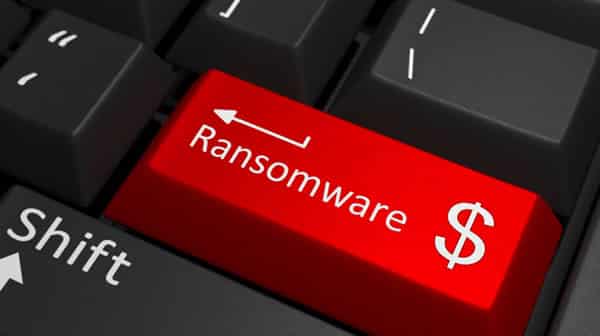Ransomware Data Recovery
Ransomware is a type of malware that attacks Computer systems such as Desktops, Laptops, Servers, Mobile Phones etc by locking and encrypting the data inside locking out the users. The ransomware as the name suggests ‘ransom’ doesn’t allow you to access your data not until you have paid for a decryption key.
There are some cases where the hackers have allowed users to access their data after making the demanded payment through bitcoin but in most cases the hackers don’t give out the decryption keys even after payment is made.
We therefore advice anyone affected not to pay the hackers any fee because it may not guarantee your data back and also this encourages the hackers to continue infecting other computers. It’s therefore advisable to contact a ransomware expert to advice on what to do and how to prevent the ransomware from infecting other computers in your organization.

What to do when attacked by ransomware?
The first thing to do when you realize your files are attacked should be to stop using the infected device. This will stop the ransomware from spreading to other files that are not infected.
The second thing to do is contact a ransomware expert such as East Africa Recovery Experts to advice on what to do. We have experience in decryption data from some of the most common ransomware such as wannacry etc
We then disinfect your computer and remove any trace of the ransomware virus and then decrypt the data with our sophisticated data decryption tools. We have successfully recovered data for individuals, corporates and even government institutions. Call us today for ransomware removal services in kenya.
How ransomware spreads
In most cases Ransomware is often spread through phishing emails that may have malicious attachments such as zip files, pdf, word, excel etc that come with enticing names such as invoice, receipt, bank payment etc. It’s advisable to scan the attachments with an updated antivirus before opening them.
The other way in which they may spread is when a user unknowingly visits website that is infected and then malware is downloaded and installed without the user knowing about it. It then spreads through out your data and before you know it all your files are not accessible or the screen isn’t accessible.
Types of ransomware
There are many types of ransomware that are coming up every now and then, here is a list of the most common;
- WannaCry
- Cerber
- Thecus
- CryptMIC
- Crysis
- CryptoLocker
- TorrentLocker
- CryptoWall
- CTB-Locker
- Fusob
- ElasticSearch
- Encryptor RAAS
- Enigma
- HDDCryptor
- Jigsaw
- Reveton
- KeRanger
- LeChiffre
- Locky
- KillDisk
- KeyBTC
- KimcilWare
- Kirk
- Koolova
- Jaff
- JapanLocker
- JBoss Backdoors
- Jigsaw
- CryptoHit
- TeslaCrypt
- ZCryptor
- Rhumba
- Crab
- NotPetya
- CrySis
- Nemucod
- Jaff
- Spora
- Cerber
- Cryptomix
- Jigsaw
- Eternal vigilance
- SimpleLocker
How to prevent Ransomware Attacks.
- Invest in a powerful antivirus that has ransomware detection features.
- Always backup your data often in the cloud or using disk.
- Always update your software.
- Avoid opening attachments without scanning them with an antivirus first.
- Use software that help you identify malicious links before opening them such as Web of trust.
- In business organizations, train staff on cyber security basics because human error is normally exploited by hackers.

